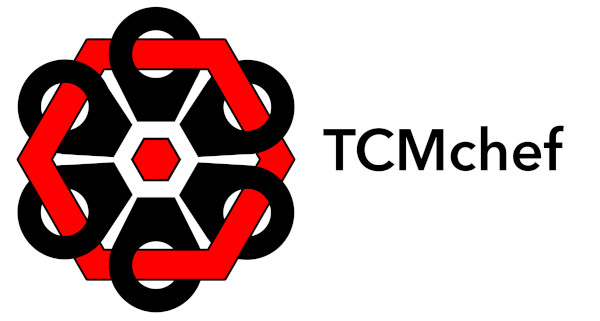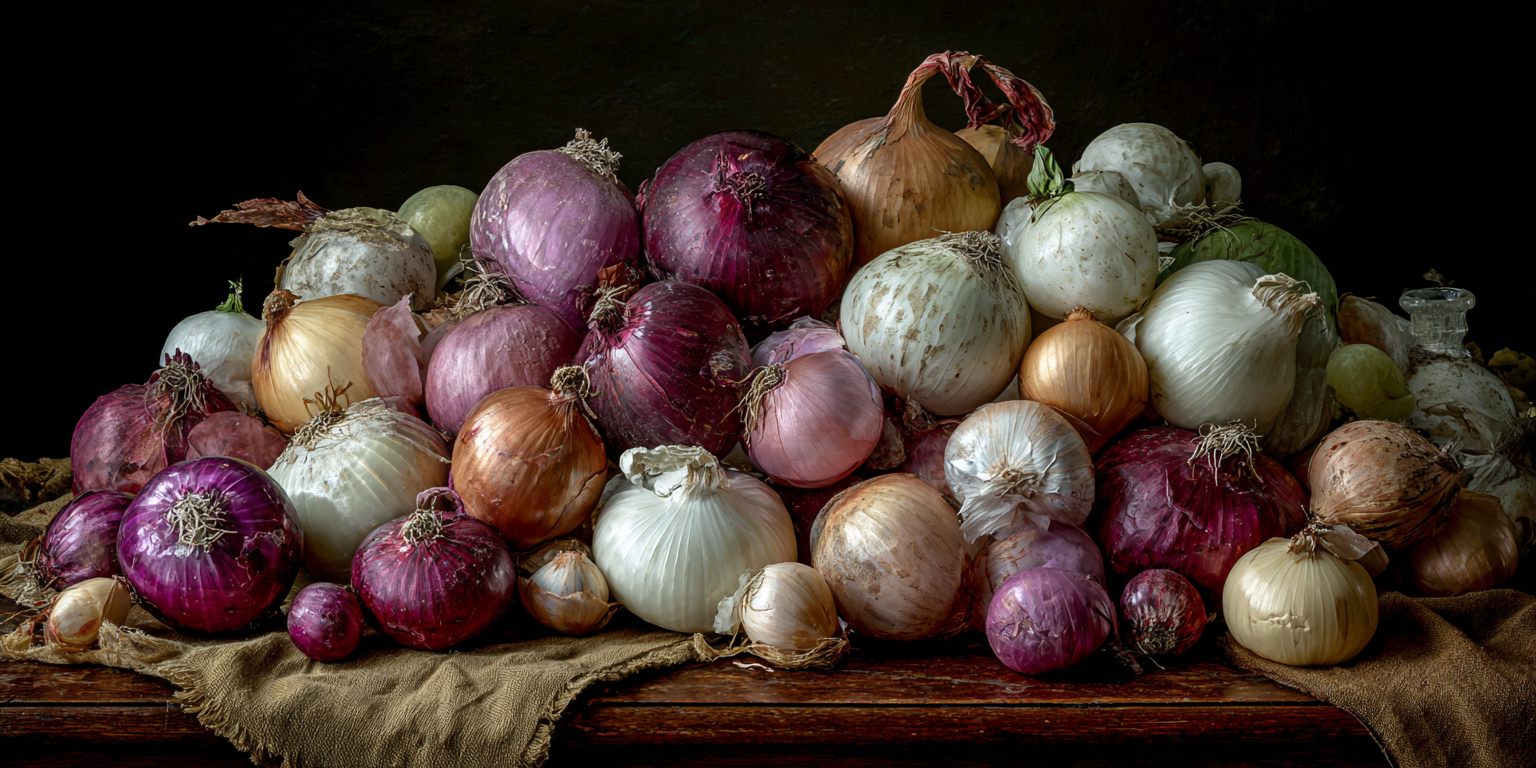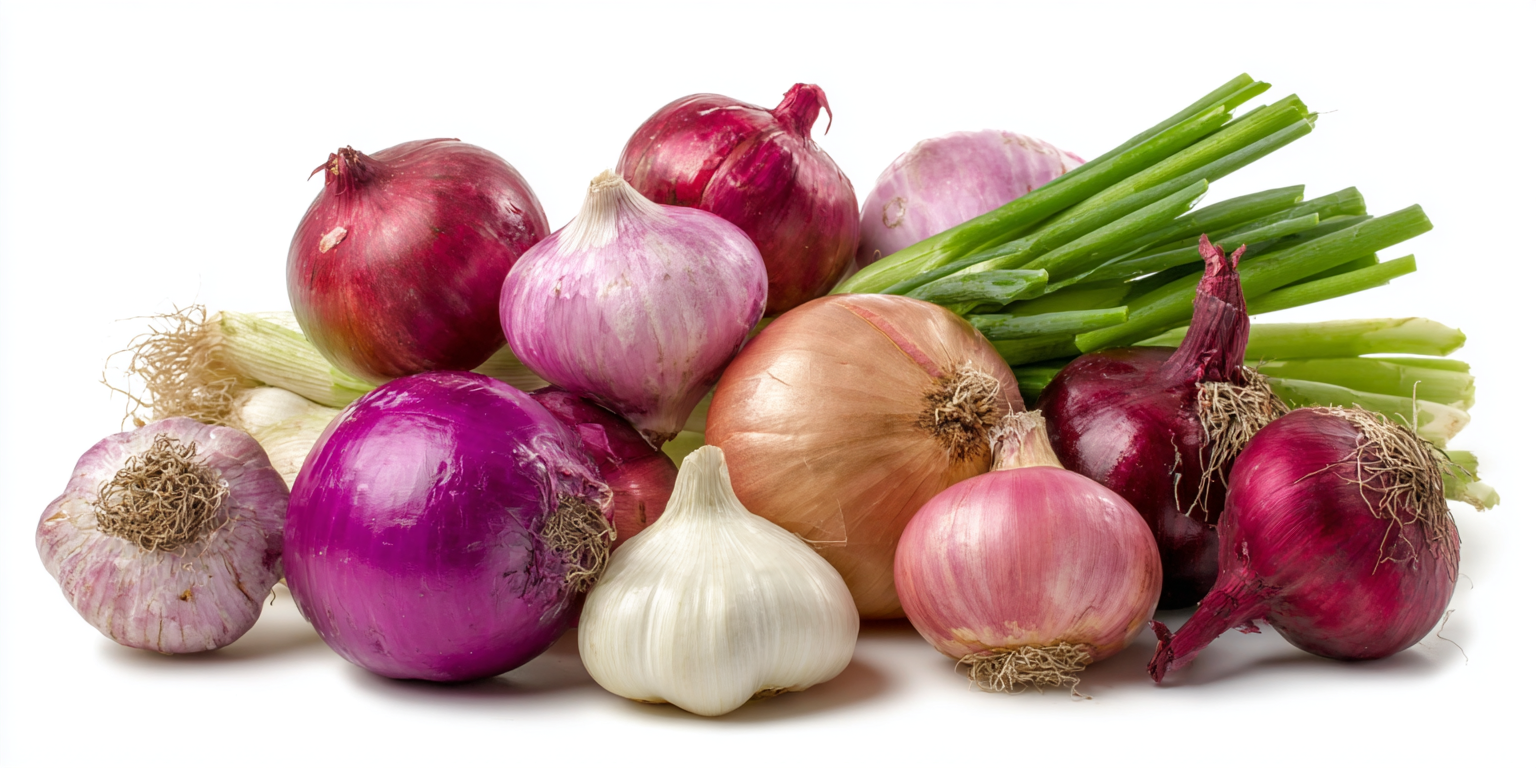While exploring ancient sports practices, I came across a historical text about Greek athletes using the magical onions as part of their preparation routine.
Theophrastus, an ancient Greek philosopher and student of Aristotle, is known for his works on plants, where he touched upon various uses of plant products in Greece, including possibly onion-related tips.
I then discovered that these tales also circulate more broadly in historical reviews and writings on the topic of ancient Olympics and athletics. It was believed that onions could dilate blood vessels, improve circulation, and add a little extra zing to their strength – or so the story goes.
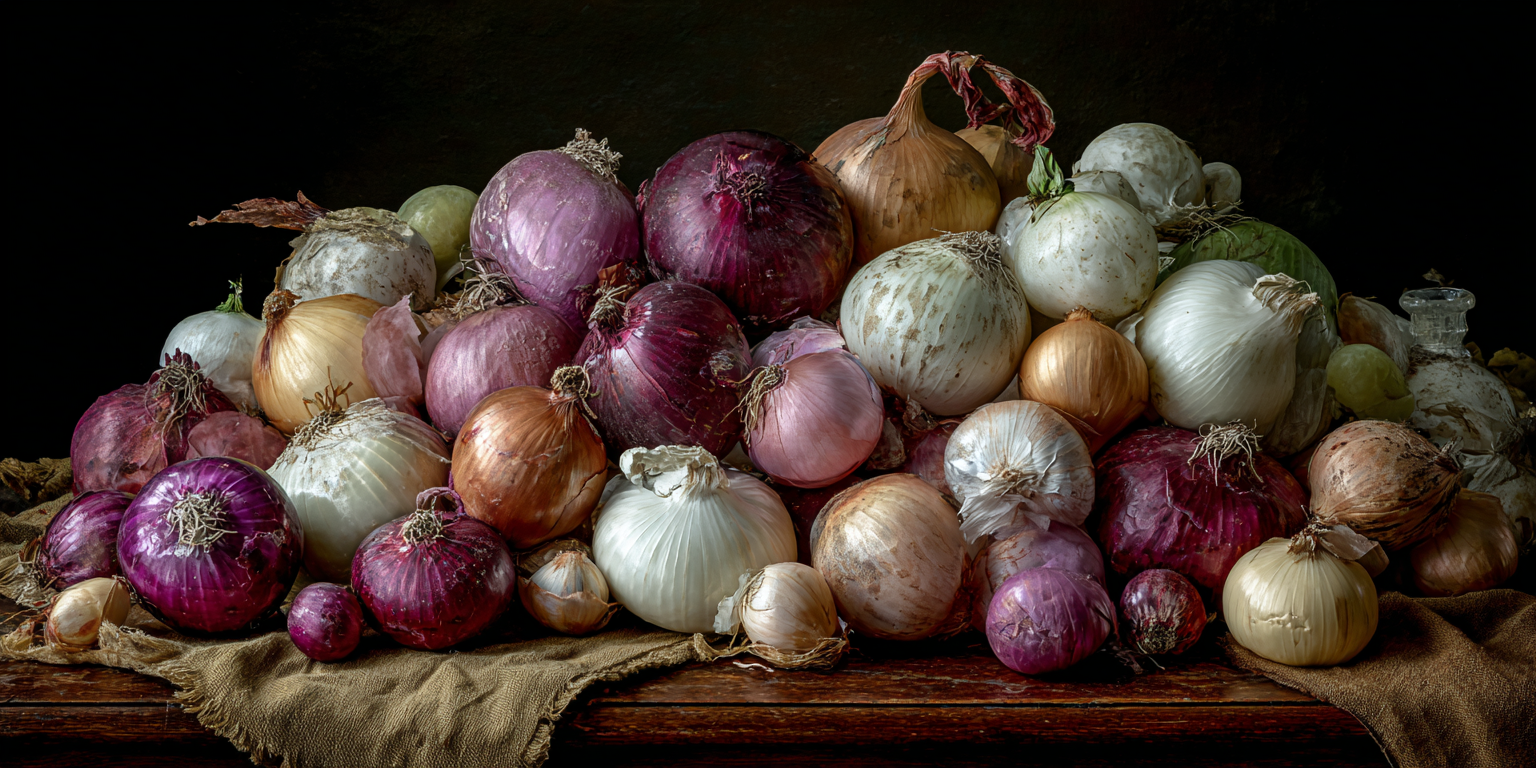
As a kid growing up on a farmhouse in Switzerland, onions were a staple food, and later as a chef, I started to embrace them as an important ingredient while preparing healthy cuisine. Not until I arrived in Singapore that I have access to endless documents from Asia’s TCM libraries, merely verifying my bias about these amazing healthy bulbs; Today I list them as one of the twenty foremost important medicinal vegetables in my kitchen.
Today, onions, categorized within the Allium genus, emerge as paramount. Encompassing significant positive implications for dermatological, pulmonary, and antimicrobial health, these humble bulbs illustrate excellence in biochemical contributions towards human health. No wonder they are a much-researched and analyzed biology choice by students.
The antioxidative potential of Allium cepa is profound, predominantly attributed to Vitamin C. This essential nutrient, among several phytonutrients within onions, enacts a protective mechanism against free radicals. Free radicals, often a byproduct of metabolic processes, assault cellular structures, instigating processes that culminate in premature aging and dermal degradation. Herein, onions may act as a formidable ally for skin health, attenuating the oxidative insults responsible for preventing dry skin and loss of firmness, thereby retarding the evolution of fine lines and cutaneous wrinkles. Anti-inflammatory properties present within onion extracts further assuage inflamed skin conditions, effectuating a state of rejuvenated dermal vitality.
If people would calculate the cost of a daily onion mask, versus their most expensive skin lotion, I am convinced the result would be better with their home-made remedy and very affordable. Yup, blend a white onion with honey and make a 20-minute facial mask!
The pulmonary implications of onions deserve particular mention due to the presence of quercetin. This flavonoid is revered for its anti-inflammatory and antihistaminic capacity, which is instrumental in ameliorating respiratory health complications. Functioning as a bronchodilator, quercetin potentially confers relief upon asthmatic indications by mitigating mucus hypersecretion and congestion. Additionally, such attributes may confer enhanced pulmonary rhythms and efficiencies, elevating overall respiratory health.
In an era where microbial resistance is on the rise, onions stand as bastions of antimicrobial integrity. Sulfur-containing compounds endemic to onions, such as allicin, exhibit notable antibacterial and antiviral properties. The ceaseless quest for novel antibiotics benefits from these phytonutrients, illuminating the antibiotic potential integral to onions and representing a formidable natural ally against infections. There, red onions outperform most other variations.
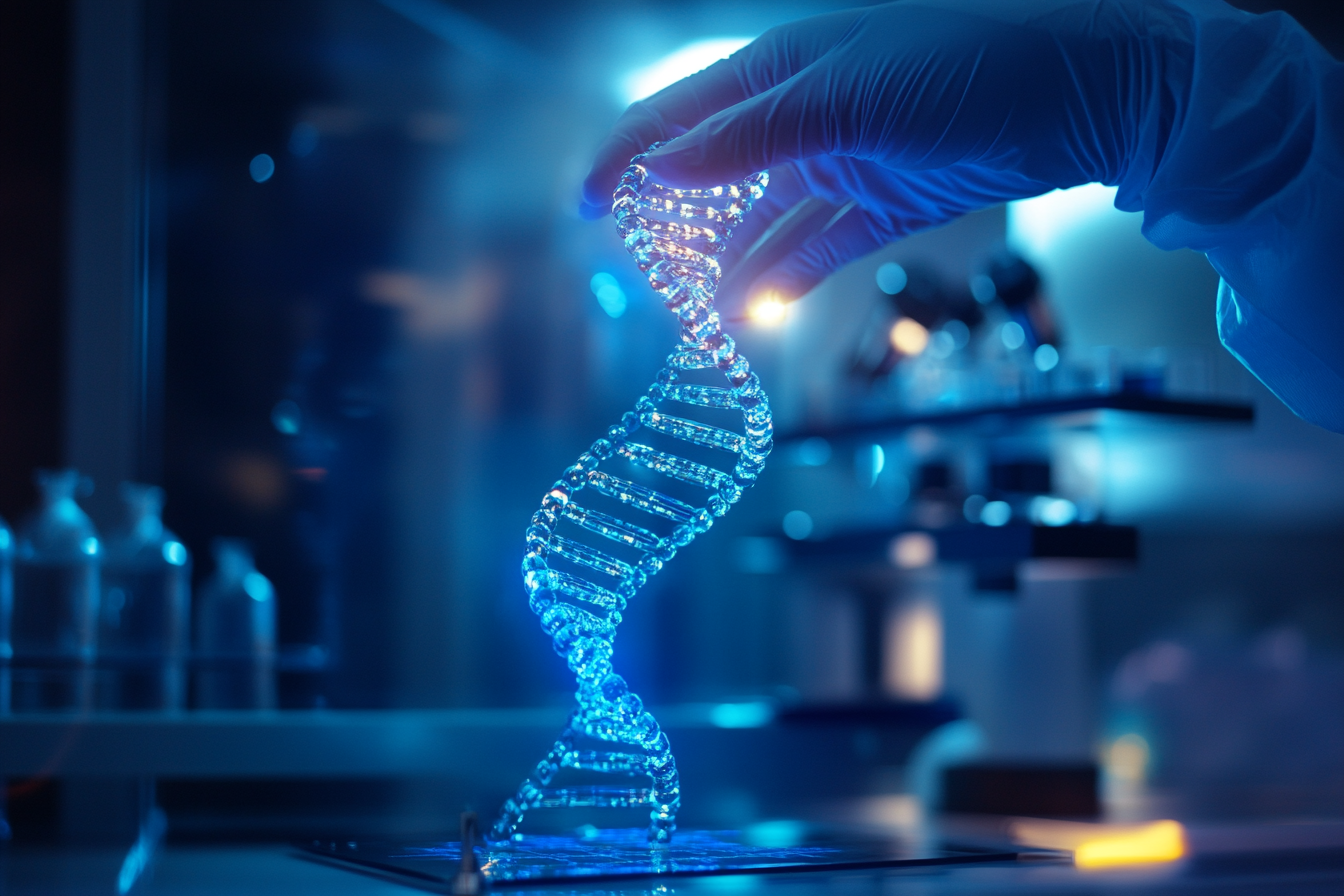
On a broader, more systemic scale, contemporary research underscores the utility of onions in oncological contexts. Experimental studies expound the antiproliferative effects of onion-derived flavonoids against various cancer cell lines, notably those of breast, colon, and ovarian origin. The evidence proposing a deceleration in cancer cell growth illuminates the adjunctive potential of onions in comprehensive oncological treatment regimens. Eating onions twice a week, in various forms and preparations, can significantly lower the risk of colon cancer.
Moreover, onions may gradually carve a niche in neuroprotective strategies. Oxidative stress and neuroinflammation underpin the etiological pathways of disorders such as Alzheimer’s and Parkinson’s diseases. Quercetin, among other bioactive components, provides a promising avenue for attenuating neurodegenerative progression through its multidimensional antioxidative properties. Through deterrence of inflammatory cascades and bolstering neural resilience, onions offer a curative promise in cognitive health.
Integrating onions as a dietary staple not only heightens culinary endeavors but also offers noteworthy health dividends. Consistent consumption can subtly impregnate everyday meals with prophylactic advantages that complement therapeutic dietary paradigms. Be it through raw consumption, culinary applications invoking caramelized textures, or as a salient component in daily salads, onions substantiate their reputation as quintessential culinary elements with robust health-bearing potential.
The scientific corpus attributed to onions corroborates their role not merely as flavor enhancers but as vital components in health maintenance. Thus, incorporating them strategically into daily nutritional allotments not only expands dietary repertoire but secures a continuum of health enhancement, propagating a legacy of well-being meticulously interwoven with gustatory pleasure.
For me, as a chef for over 40 years, a meal without onion is a rare reality, unless I am having a streak of sweet foods, quite a common pleasure these days. If you want to know more about these healthy options, get yourself my new cookbook: I have dedicated an entire page to onions!
TCMchef Raphael
